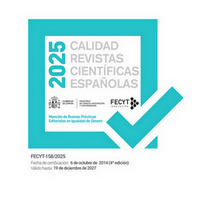On behalf of eternal salvation? Donors and their motivations (16th–17th centuries)
DOI:
https://doi.org/10.24197/ihemc.41.2021.443-464Keywords:
Portuguese Misericordias, donnors and benefactors, charity, inheritances, transmission of propertyAbstract
Historiography has considered that donations and bequests to confraternities derived from concerns with eternal salvation, with the preservation of the memory of donors, or the maintenance of social status and upward social mobility. Bequeathed resources, often in the form of entailed property, were used to pay for masses for the dead, sometimes accompanied by the building of funeral chapels. They funded practices of charity, also with salvific concerns, often performed with the remains of such resources, after masses had been paid. The analysis of the case of the Misericordia of Oporto, intends to demonstrate that other motivations might have attracted donors, such as the advantages derived from the administrative and juridical skills that the confraternity was capable of performing.
Downloads
Downloads
Published
Issue
Section
License
All the articles published in Investigaciones Históricas, época moderna y contemporánea will have a Creative Commons Attribution 4.0 International License (CC BY 4.0).
The journal allows the authors to retain publishing rights. Authors may reprint their articles in other media without having to request authorization, provided they indicate that the article was originally published in the journal Investigaciones Históricas, época moderna y contemporánea.



